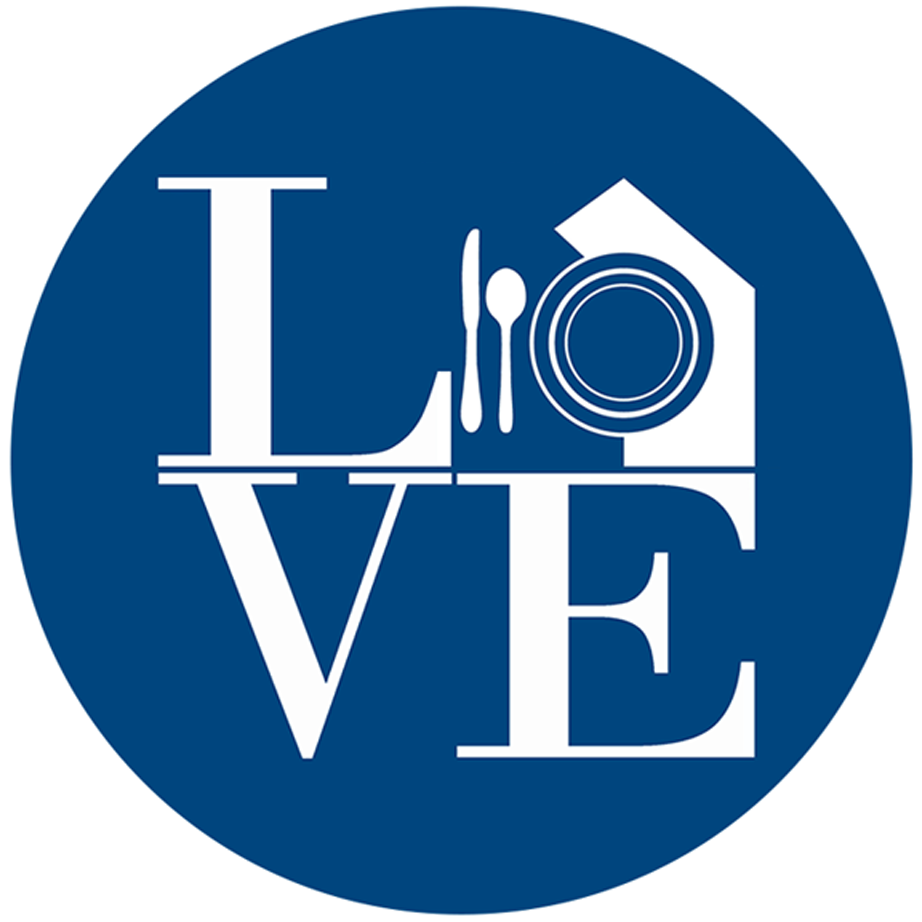Today’s Maine Sunday Telegram has published the first article in a 5-part series on the pandemic’s impact on the Portland restaurant industry. Today’s article is titled Threatened by Coronavirus, City’s Restaurants Turn Tables.
Over the summer, Portland lost restaurants like the critically acclaimed Drifters Wife, the tiny modern Italian bistro Piccolo, and the all-local Vinland that were among those responsible for its national reputation as a culinary destination. The devastating early predictions of closures – that 85 percent of independent restaurants nationwide might not survive until the end of 2020 – seemed to be playing out. Then government aid began to flow, putting out immediate financial fires, saving jobs and giving restaurants breathing room. Portland appears to be faring better than bigger restaurant cities like New York and Portland, Oregon, where an estimated one in six and one in seven restaurants, respectively – including national chain restaurants – had closed by the end of 2020. By comparison, a Portland Press Herald/Maine Sunday Telegram survey of the more than 300 independent restaurants and cafes in Portland with on-premise dining shows that about 1 in 14 have permanently shuttered.
Also in today’s paper, restaurant critic Andrew Ross interviews some of his predecessors about their time in the critics chair and their take on the food scene of today.
For some historical perspective and future-facing insight, I reached out to the four long-serving Dine Out alumni to help me look back at Maine’s culinary landscape from the decade (and a bit) covering 2005-2016. In two weeks, I’ll offer some of my own reflections on the past five years and speculate about what’s to come.
